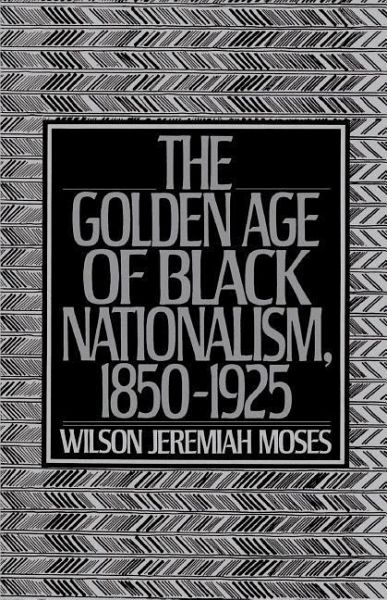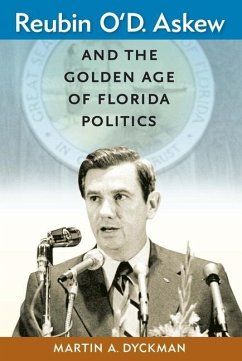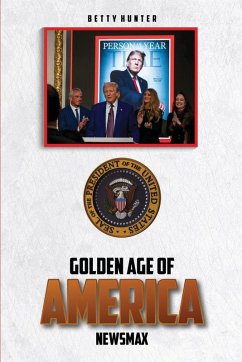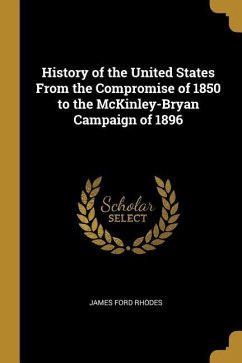
The Golden Age of Black Nationalism, 1850-1925
Versandkostenfrei!
Versandfertig in 1-2 Wochen
55,99 €
inkl. MwSt.

PAYBACK Punkte
28 °P sammeln!
In this controversial volume, Wilson Jeremiah Moses argues that by adopting European and American nationalist and separatist doctrines, black nationalism became, ironically, a vehicle for the assimilationist values among black American intellectuals. The book covers the period from the Compromise of 1850, with its Fugitive Slave Act, to the imprisonment of Marcus Garvey in 1925, and inc ludes a section on black nationalism in literature. 'This impressive study will stir controversy among black scholars and proponents of separatism. That Professor Moses, himself a black, regards the period a go...
In this controversial volume, Wilson Jeremiah Moses argues that by adopting European and American nationalist and separatist doctrines, black nationalism became, ironically, a vehicle for the assimilationist values among black American intellectuals. The book covers the period from the Compromise of 1850, with its Fugitive Slave Act, to the imprisonment of Marcus Garvey in 1925, and inc ludes a section on black nationalism in literature. 'This impressive study will stir controversy among black scholars and proponents of separatism. That Professor Moses, himself a black, regards the period a golden age is itself heretical in some eyes.' Publishers Weekly














